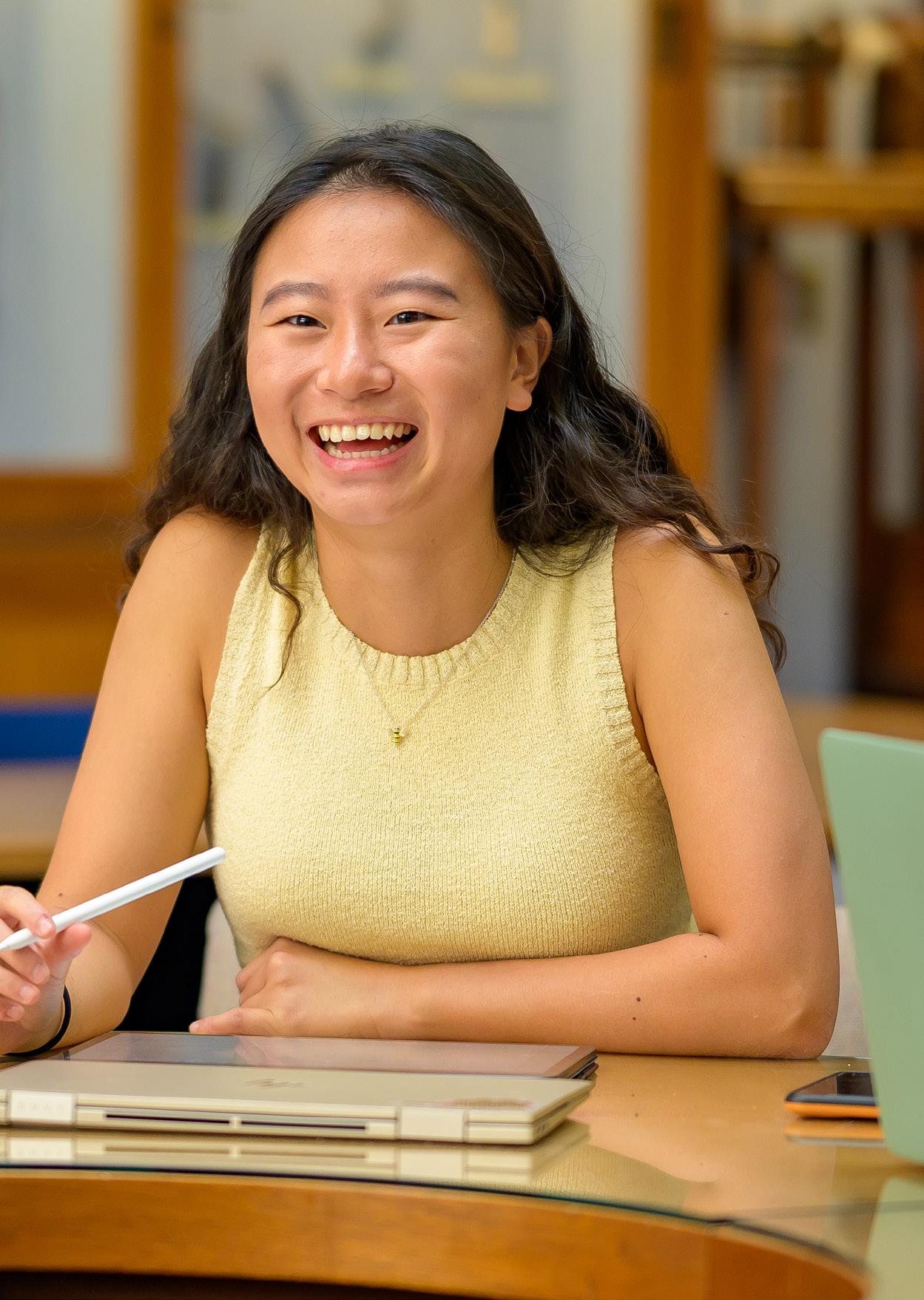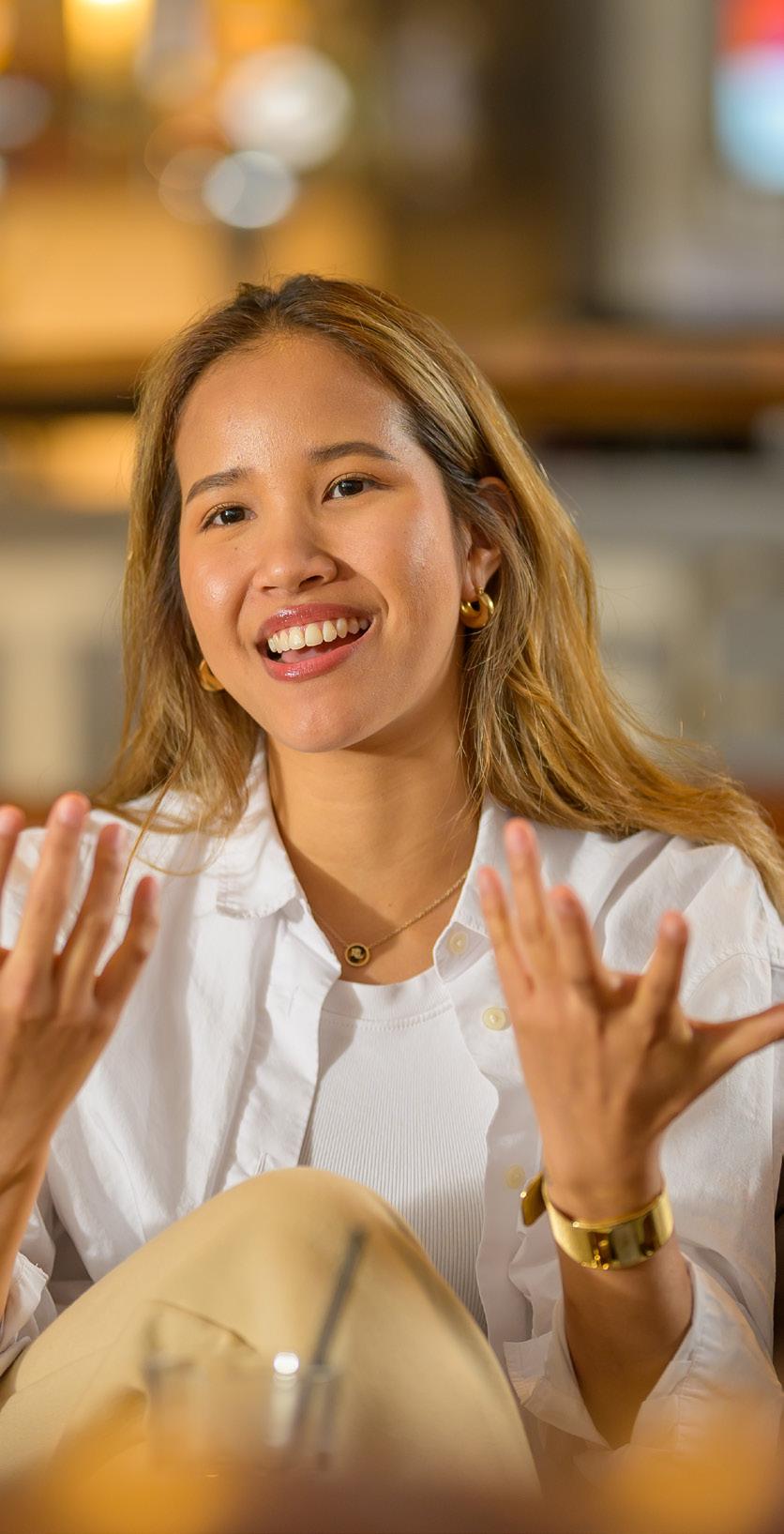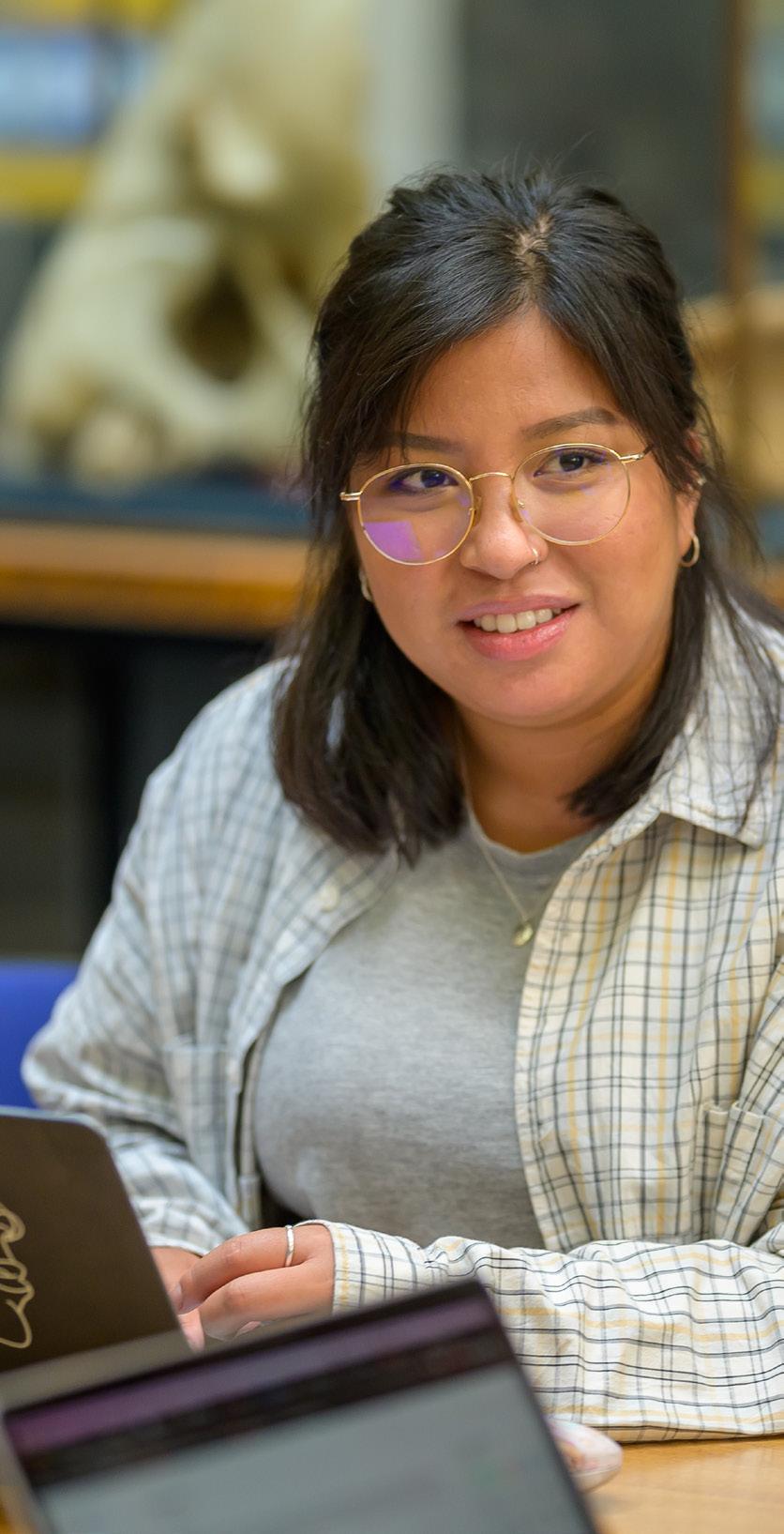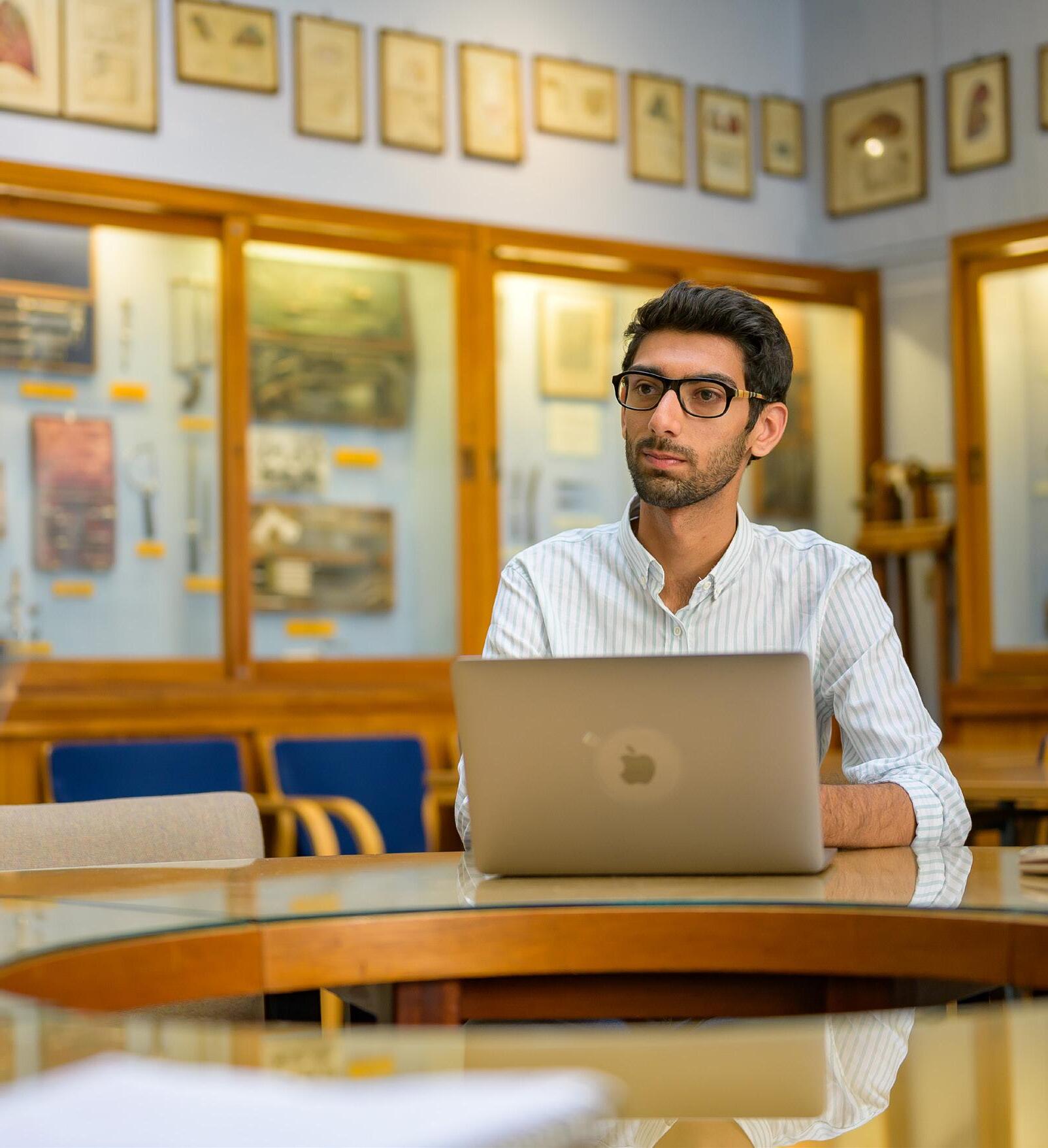Start Strong Guide
Congratulations on your place at King’s College London! We have prepared a short guide with top tips, and answers to some frequently asked questions, to ensure your journey at King’s is as smooth as possible.


Congratulations on your place at King’s College London! We have prepared a short guide with top tips, and answers to some frequently asked questions, to ensure your journey at King’s is as smooth as possible.

1. Make sure you have logged into your King’s email account and check your emails daily. Your @kcl.ac.uk email address will be your primary point of contact for communication with the wider King’s community. You may find it beneficial to download the Outlook app onto your mobile phone and turn on your notifications so that you don’t miss out on any emails. More information can be found here.
2. Once you’ve completed the King’s IT account set up, we recommend you check out the Digital Skills Hub and complete the Essential Digital Skills Programme before your course start date.
3. Once you’ve completed the King’s IT account set up, check out the Academic Skills for Learning before you start your programme. This is especially useful if you have been away from academia for a long period of time.
4. Keep an eye out for our events for distance learning students, we’ll email you about these. These are a great way to build a community and get to make friends with other students around the world! You can also find more general King’s events that are held online here.
The first event to look out for is your Welcome Webinar which usually takes place before your programme start date. This is a fantastic opportunity to have any questions answered, meet other students from your programme and find out more information before you officially start your course. You’ll receive an invitation by email from your Student Success Advisor. Make sure to register for the event to receive a meeting link.

5. As a distance learner, you have full access to King’s extensive digital library including e-books, journals and data bases. Discover more about how Libraries & Collections can support you throughout your student journey. You can also learn how to access library resources for your subject, including using library search and reading lists, with Library Guides.
6. The Careers & Employability team offers a wide range of services to help you progress in your career, or pivot to something new. They offer digital resources, online and in-person careers events, one-toone appointments and specific support for underrepresented groups. King’s Edge offers a wide range of extracurricular activities, including awards, events, volunteering and more. Explore the various opportunities designed to help you to develop your employability skills and enrich your life at King’s.
7. We would recommend making use of your calendar to plan your study times. Make a note of assessment dates, weekly webinar dates and upcoming calls with your Advisor. Build a personalised schedule, accounting for work and any other commitments. Consider when in the day you have the most energy. This will help you to manage your time and ensure that you never miss a deadline!
8. Prior to your Welcome Call with your Student Support Advisor, have a think about what you would like to achieve during your time at King’s or why you have decided to study your programme. We will discuss these goals with you and carry out coaching conversations to help you make your goals a reality.
9. Prioritise – studying online with other commitments can be tricky. Have a think about what the most important tasks are within your course, and prioritise accordingly. If you need help with this, you can speak to your module lead or Student Success Advisor.

10. If you can, download the King’s Student app, which provides essential information, especially for new students. More information on useful apps while studying at King’s can be found here.
11. Your wellbeing is very important so make sure that you look after yourself whilst studying. Take regular breaks and keep some free time for doing something that brings you joy. Drink plenty of water and try to eat healthy food. Keep some time free for socialising or hobbies outside of study. Have a look at the King’s Way to Wellbeing for more tips.
12. Perhaps most important of all, enjoy your time at King’s and make the most of your experience in this global online community.

1. Where can I find the key dates for my courses?
Your course timetable will be visible on KEATS from your course start date.
2. How can I get my student ID card?
King’s Digital students do not need a student ID card. If you are visiting our campus, you can collect an ID card, but you must have completed your online enrolment tasks and consent matters training, then you can book an appointment online to collect your card.
3. How many hours of study are recommended?
The recommended hours of study vary from course to course. However, as a guideline, you should plan for 20-25 hours of independent study per week.
Your allocated Student Success Advisor will guide you throughout your studies, offering coaching and resolving any queries. You can contact the team via SupportAdvisors@kcl.ac.uk or book a call using the link in your welcome email. They are available daily from 7 AM to 7 PM (UK time) and will respond to emails within 24 hours.
When and how do I pay my fees?
You are invoiced at course level and are required to pay your fees in two instalments. You must pay your fees by the due date stated in your invoice. Fees are payable within 14 days from the date of the invoice.

1. Where can I find the key dates for my courses?
Your course timetable will be visible on KEATS from your course start date.
2. How can I get my student ID card?
King’s Digital students do not need a student ID card. If you are visiting our campus, you can collect an ID card, but you must have completed your online enrolment tasks and consent matters training, then you can book an appointment online to collect your card.
3. How many hours of study are recommended?
The recommended hours of study vary from course to course. However, as a guideline, you should plan for 20-25 hours of independent study per week.
4. Student Support Advisors
Your allocated Student Support Advisor will guide you throughout your studies, offering coaching and resolving any queries. You can contact the team via SupportAdvisors@kcl.ac.uk or book


